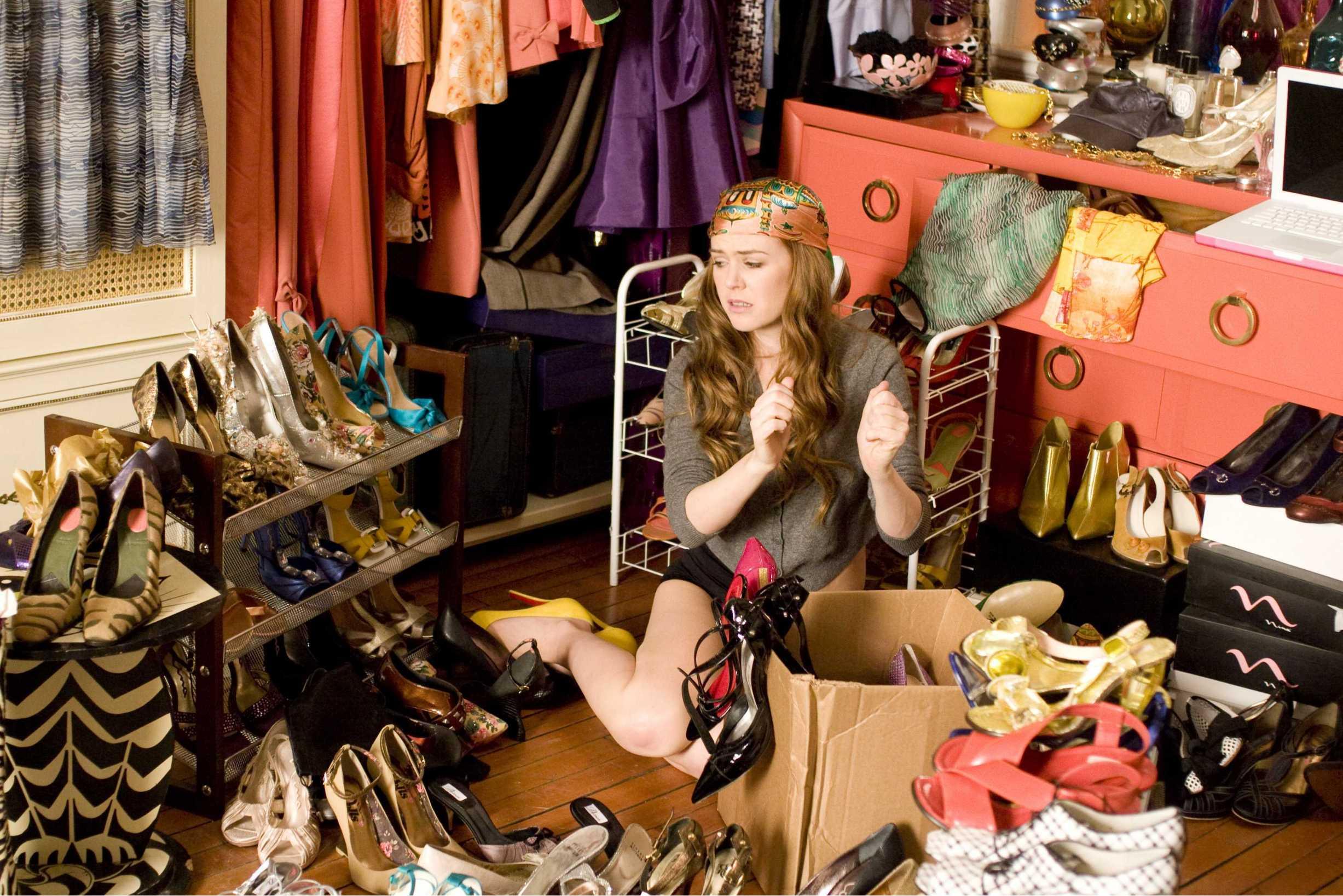Do You Have Too Much Stuff?
Many of us have too much stuff in our homes and in our lives. But it seems we can’t stop buying as humans have always collected things to survive and celebrate. In today’s Western world, however, the average person has too much stuff.
Creating consumers
In previous times people had less reason to consume but in today’s society consumption levels exceed all previous records.
People used to get a sense of identity from their work and saw what they did as a way to find meaning and fulfilment.
But now it seems we find meaning in what we buy, as we are all consumers in one form or another.
Communities, governments and even cities sell the idea of being a customer that must consume as much as possible as often as possible.
Even public services are sold as commodities to be consumed by members of the public acting as customers with expectations and entitlements.
Whole economies are dependent on consumers consuming regardless of any negative effect on the individual or collective good.
But the need to surround ourselves with endless stuff has led to a point where we must question if such an approach is sustainable or just stupid.
Consuming society
The idea of a consumer society became popular in the 1960s and spread from the purchase of goods to services like education, health, entertainment and leisure.
Even though the consumer is most often identified with shopping the consumer society has spread to include almost everything.
Critics suggest the culture of consumption has turned us into passive receivers of advertising, as we are coaxed and cajoled into buying things we don’t want.
We get drawn into a perilous cycle of buying, borrowing and paying for goods and services we don’t need.
Too much advertising and too many choices combine to confuse and coerce us into making a deal, often for no reason other than the fear of missing out.
Retailers have relied on the clever use of psychology for decades to get us to consume and keep consuming until we become addicted beyond sanity.
Supporters of the consumer society believe in providing as much choice as possible and argue that it leads to greater prosperity.
In this incarnation of consumerism people have the right to make their own choice, spend their own money and not be restricted in any way by the state.
They believe the market should be free to produce whatever is wanted to ensure a functioning and flourishing society.
They also believe greater choice leads to greater freedom and the breakdown of hierarchal and institutional controls, which may indeed be the case.
The shift to a consumer society in this scenario comes not from the passive response of customers but from the proactive choice of people.
SO, we are addicted consumers set on destroying the planet but even such threat of armageddon is not enough to stop us buying more stuff.




